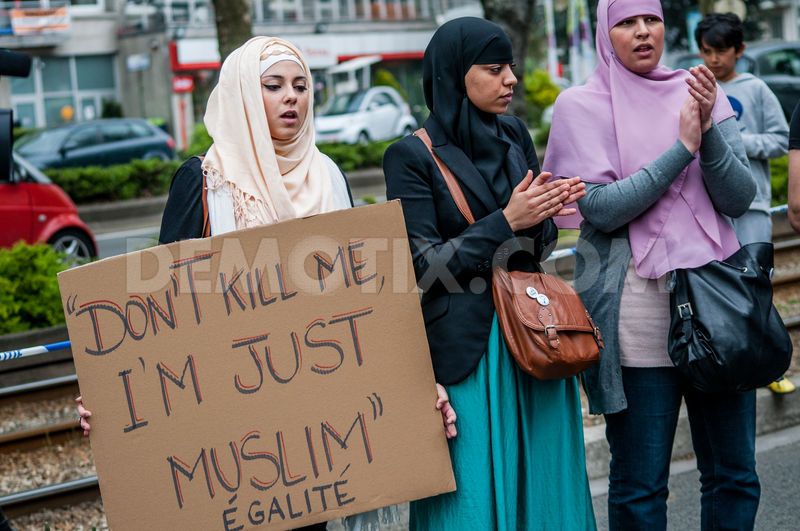

Are Muslims Really Persecuted in India?
I chanced upon the article, ââ¬ÅTwo Standards of Justiceââ¬Â by Aijaj Zaka Syed, a Middle-East based writer, in the Kashmir Times (published on Aug 8). This article demonstrates the extent to which some in the so-called Muslim intelligentsia have come to believe that Muslims are persecuted in India and that there is a different interpretation of law where Muslims are concerned. A similar line of thought was displayed by most Muslim panelists on the several discussions held on the subject of Yakub Memonââ¬â¢s hanging on various TV channels. Contrast this with the fact that since 1991, just 4 out of the 26 persons hanged belonged to the Muslim community.By Sunil Garodia
First publised on 2015-09-25 11:58:01
Essentially, the gist of all writing and discussion on Yakub Memon case has been that he was unfairly hanged, there was a miscarriage of justice as fresh evidence, especially that of ex RAW officer B Raman, was not considered and that his mercy petitions with various authorities were rejected solely because he was a Muslim. Nothing could be further from the truth. Yakub Memon was hanged because he was the local facilitator of a huge conspiracy to destabilize the nation by killing thousands and sowing enmity between communities. It was proved beyond doubt that he had knowingly extended help in transferring funds used in the Bombay blasts, arranging for travel tickets and transport and providing safe houses and identity documents to people involved in the same.
The Supreme Court examined all evidence in detail and heard an appeal as late as just 4 hours before the hanging. That it rejected all interventions means that it found Yakub guilty according to law as it stands in India today. In the article referred to above, Syed says that ââ¬Åtoday, the honourable judges have to look to their left and to their right and take into account the ââ¬Åcollective conscienceââ¬Â of the society and the will of the mob and those in power before they determine who must hang and who deserves to enjoy the fruits of the taxpayersââ¬â¢ labour for the rest of his life.ââ¬Â This is casting aspersions on the judiciary. Also, this kind of thinking proves that the writer has no faith in the Indian judicial system. It is a well known fact that Indian judiciary is one of the most independent organs of democracy in the world and guards its turf fiercely (as is evident by the way the NJAC-collegium issue is panning out), yet the writer says that judges take into account the wishes of those in power before taking crucial decisions.
It is sad that an issue that basically involved terrorists versus the nation has sought to be converted into an issue of Muslims versus the nation. Any one, irrespective of his religion, caste, creed or community, doing what Yakub did ââ¬" help the enemies of the nation plot and execute a conspiracy ââ¬" deserves to be hanged. I had earlier written that the feeling of persecution that the Muslims harbor is largely because when faced with instances of unfairness, they do not pause to think whether the same thing is happening to other Indians belonging to their same social strata. Sometime back, there was a huge controversy about a Muslim being refused as a tenant in Mumbai. Landlords have their reasons for refusing a tenant ââ¬" in Kolkata, Marwari businessmen are regularly refused as tenants by landlords. A Muslim was refused a job by a jewelry trading house in Mumbai and there was a hue and cry ignoring the fact that jewelers, given the nature of their business, generally select staff from a very limited circle of people. A Muslim refused a passport immediately cries foul that it was refused because he is a Muslim ââ¬" there are hundreds of others whose passports are held up for technicalities.
The law is same for all Indians. When faced with a problem, a Muslim must always pause to think what would have happened if a Hindu of same social and financial standing was in his place. Many problems in our country happen because people are not able to, or willing to, pay bribes ââ¬" we are a corrupt nation after all. He will discover that barring some instances, the problems of all Indians in the same social and financial strata are same, irrespective of religion. It is only when Muslims start thinking that this or that is happening to them because they are Muslim is that they start feeling persecuted. Unscrupulous politicians then fan this feeling to make it a Muslim-Hindu issue from an essentially Indian one.











